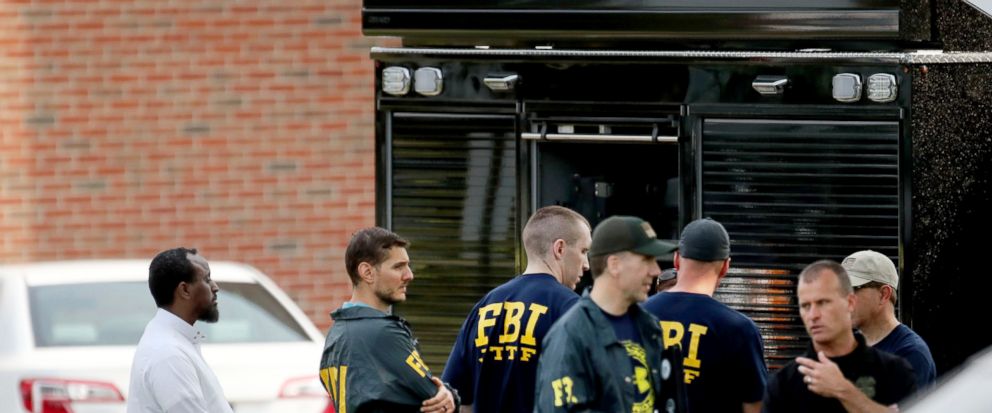
If a bomb goes off at a mosque in Minnesota and the headlines don’t call it terrorism, is it still terrorism?
Yes.
And yet acts of terrorism in the United States get little attention from the media unless they’ve been perpetrated by or can be attributed to Muslim attackers. That finding by a group of researchers at Georgia State University made headlines around the world when it was released earlier this summer.
This is consistent with research (I wrote a little about it here) that one of my students and I presented at a conference a year ago¹ in which we found that American public opinion on the importance of terrorism as a problem responds not to actual terrorist incidents, but to media coverage of those events.
If, as the Georgia State researchers found, the media over reports acts of terrorism attributed to Muslim perpetrators, and under reports other cases, then this would explain why our project sees spikes in concern about terrorism after events like the Pulse nightclub attack in Orlando but not the Emanuel AME massacre in Charleston.
My intuition, and the impetus for a new project that I will begin working on this fall, is that incidents like what happened in Minnesota early Saturday, as worshippers were gathering for their morning prayers, are rarely if ever even referred to as terrorism in the first place, despite meeting an unbiased conceptual/analytical definition of such acts.
If that’s the case, then that could account for both the Georgia State findings as well as the observed impact of media coverage on the perception of the extent to which terrorism is thought to be a serious problem by the American public.
Regardless, the bottom line remains the same: A bomb thrown through the window of a place of worship is an act of terrorism, even if the targets, but not the perpetrators, are Muslims.
¹The paper is being revised this summer for submission for possible publication, but you can email me at ptrumbor AT oakland DOT edu and I will send you a copy of the initial (rough) draft version.